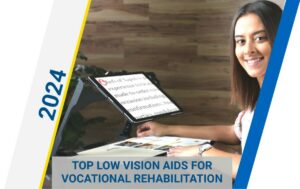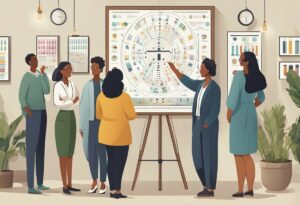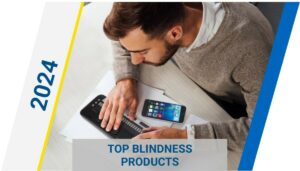Diagnosed with Macular Degeneration… Now What (9 of 12) – COMS
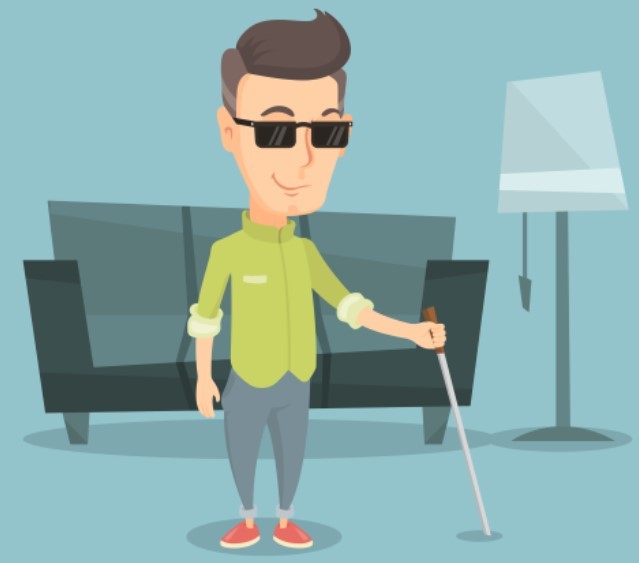
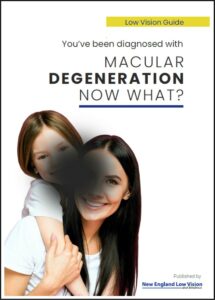
Go to this link to order your printed copy of our Low Vision Guide – https://nelowvision.com/product/macular-degeneration-now-what/
So, you have been diagnosed with Macular Degeneration, now what? Many, when being told they have Macular Degeneration, inaccurately hear, “I’m going blind”, and that can feel like your whole world is collapsing.
It is extremely rare to go completely blind from Macular Degeneration, whether you have either the wet or dry type. If someone tells you that nothing more can be done, that can be very depressing and is often not completely correct. What matters is a better understanding of how to navigate the landscape of the professionals who can assist you with adapting to a world of vision loss.
By the way…. congratulations, you have now become a carpenter! Yes, a carpenter…meaning you now need to assemble a new toolbox of 12-24 new ‘vision-loss’ tools to help you with seeing both near, intermediary and distance objects.
In this 12-part Macular Degeneration Low Vision Guide, I have outlined ideas for you or a loved one to consider when diagnosed Macular Degeneration. It is important to note that not all these action steps are required, but they should be given strong consideration.
#9: Certified Orientation and Mobility Specialist (COMS) – Contact a certified O&M Specialist
Make sure that you are in contact with a certified orientation and mobility specialist.
This is about navigation. Navigation with a visual impairment is easier said than done and you will likely need some assistance. COMS professionals are extremely helpful with working and teaching you how to navigate your environment with a visual impairment.
Training will include walking and may include how to use a cane. Orientation and mobility instruction are a sequential process in which people with a visual impairment are taught to utilize their remaining senses to determine their position within their environment and to negotiate safe movement from one place to another.
COMS skills include, but are not limited to:
- Concept development—which includes body image, spatial, temporal, positional, directional, and environmental concepts
- Motor development—motor skills needed for balance, posture, and gait, as well as the use of adaptive devices and techniques to assist those with multiple disabilities
- Sensory development—visual, auditory, vestibular, kinesthetic, tactile, olfactory, and proprioceptive senses, and the interrelationships of these systems
- And much more.
Remember to ask your primary care provider about COMS and how to contact one near you.
<Click here to order your printed copy of this 12-part Resource Book>
<Click here to download a PDF of the entire report.>
Scott V. Krug is the President of New England Low Vision and Blindness, a company located in New England, and specializes in bringing hope to people who are low vision or blind through technology, training, and care. Scott has been working in the field of technology and optics for people who are low vision or blind since 1992. Website: NELowVision.com.


